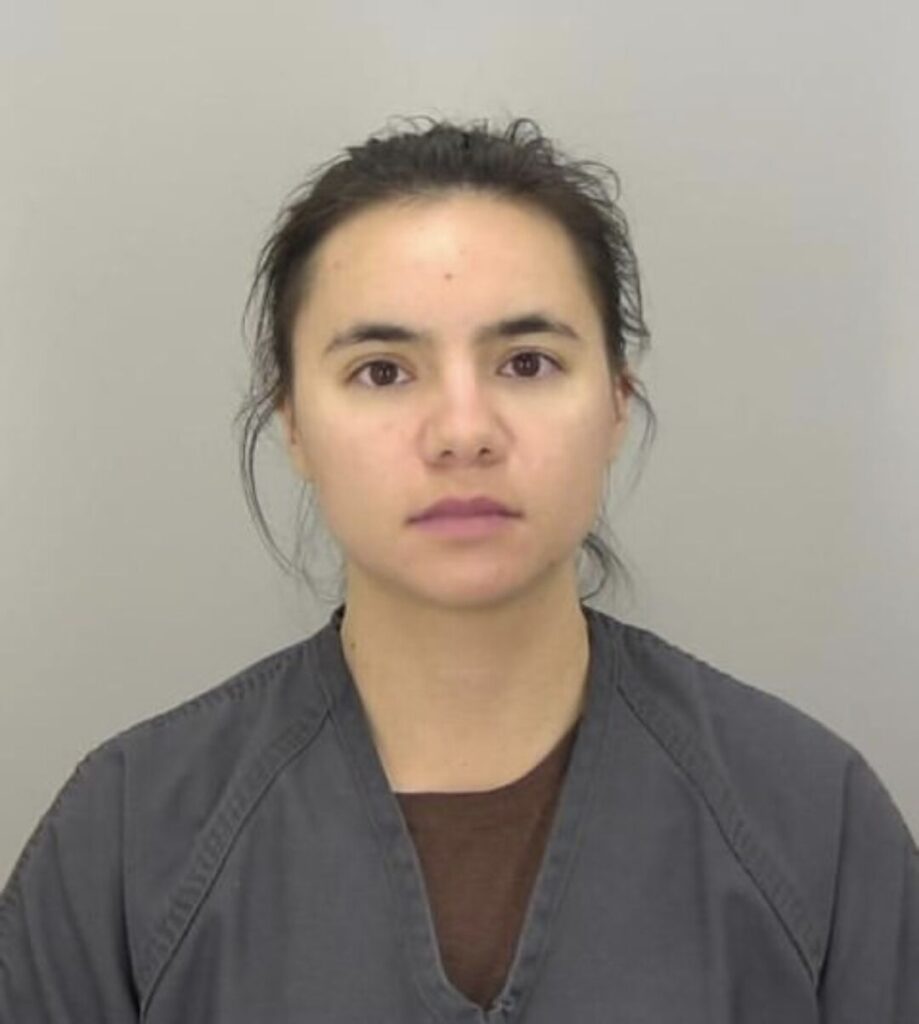Colorado Supreme Court accepts cases on leaving the scene of accidents, insurance
The Colorado Supreme Court announced on Monday that it will consider whether prosecutors must prove defendants knew they were involved in an accident resulting in death or serious injury in order to be convicted for leaving the scene.
At least three of the court’s seven members must agree to hear a case on appeal.
The justices also accepted the invitation from an insurance company — backed by a Court of Appeals judge — to evaluate how insurers can dispute who caused an automobile accident when one of the drivers does not participate in the lawsuit.
Leaving the scene
One night in June 2017, Jason P. Brown drove his pickup truck — which witnesses described as “monster,” with “humongous” tires — into an alley between Broadway and Lincoln Street in Denver. He ran over two people who were sleeping in an alcove adjacent to a church. Brown paused, then drove over the victims again with his rear tires.
People nearby attempted to assist the victims and one person confronted Brown at the end of the alleyway. Seeing Brown appeared drunk, she told Brown he “just ran these people over.” Brown denied it, then drove off.
One of the victims died and the other was seriously injured.
Jurors acquitted Brown of DUI-based vehicular homicide and vehicular assault. They convicted him of a misdemeanor DUI, reckless vehicular homicide, reckless vehicular assault and leaving the scene of an accident resulting in death and serious injury. After a judge found Brown had prior felony convictions, he received a sentence of 60 years in prison.
Brown made several arguments on appeal, including that his leaving-the-scene conviction could not stand because jurors were not required to find that he knew he was involved in an accident that caused serious injury or death.
A three-judge Court of Appeals panel concluded it was bound by a 2006 Supreme Court decision in which the justices deemed the crime a “public welfare offense” that did not require proof of a defendant’s mental state.
Even if that logic was no longer sound, added Judge Rebecca R. Freyre in the appellate opinion, there was sufficient evidence Brown knew he injured someone, at minimum, and drove away.
On appeal, Brown argued that it was problematic to hold someone liable for leaving the scene of an accident that results in death or injury when there is not proof the driver knew of the death or injury.
“His conviction violates his right to due process,” wrote public defender Emily Hessler.
The Supreme Court agreed to reevaluate its prior decision and determine if prosecutors do have to prove a defendant’s mental state, after all. The court also will review an issue it is already considering in another case: Whether Colorado’s “three strikes” scheme for sentencing defendants with prior convictions more harshly is unconstitutional, thanks to recent U.S. Supreme Court precedent.
The case is Brown v. People.
The defaulting driver
Andrew Ortiz and another driver collided at a Denver intersection in January 2020. He sued the driver for negligence and his own insurer, Progressive, for its allegedly unreasonable investigation and denial of his claim.
The uninsured driver did not participate in the case, prompting Ortiz’s claims against her to resolve in his favor by default. Progressive argued it should be able to defend at a hearing against the other driver’s liability, considering it would have to pay for the damages she caused. But District Court Judge Alex C. Myers rejected that argument, explaining the other driver’s default already established her liability and Progressive would now get the chance to argue how much the damages were.
Progressive participated in a damages hearing, where it ended up paying Ortiz $86,959 for the non-appearing driver’s actions. At a separate trial for Ortiz’s claims against the company, jurors found Progressive liable for acting in bad faith and unreasonably delaying or denying benefits. They awarded Ortiz in excess of $216,000.
Progressive asked Myers for a new trial, arguing it should have been allowed to contest the defaulting driver’s liability versus Ortiz’s own responsibility for the crash. Myers disagreed, finding Progressive had not specifically shown why such proceedings were necessary until right before trial. Even then, “the jury rejected Progressive’s argument and theory” at trial, Myers added.
A Court of Appeals panel agreed that under Supreme Court precedent, Progressive had to make a “particularized showing” that its participation in a hearing on the defaulting driver’s liability was necessary for fairness. Because Myers correctly concluded Progressive did not, and because Progressive was able to litigate the accident in multiple places, the panel upheld the outcome.
Judge Lino S. Lipinsky de Orlov wrote separately to say he agreed, but he was worried the Supreme Court’s 2004 precedent that everyone relied upon produces unfair results when the allegedly at-fault driver fails to appear.
Because the default judgment established responsibility for the non-appearing driver, there was never “a trial to determine Ortiz’s liability for the collision underlying this case,” Lipinsky wrote. “I believe Progressive should have been allowed to litigate Ortiz’s fault, if any.”
He noted some evidence suggested Ortiz was the one responsible for the crash. Lipinsky urged the Supreme Court to revisit its prior decision for allowing defendants like Progressive to contest whether the plaintiff, rather than the defaulting driver, was mostly at fault.
Seizing on Lipinsky’s opinion, Progressive appealed to the Supreme Court, characterizing the case as one about insurance companies’ ability to defend themselves. Ortiz’s lawyers urged the court to reject the appeal, pointing out Progressive repeatedly argued its belief in the trial court that Ortiz was largely at fault.
The Supreme Court will review the Court of Appeals’ decision.
The case is Progressive Direct Insurance Company v. Ortiz.














